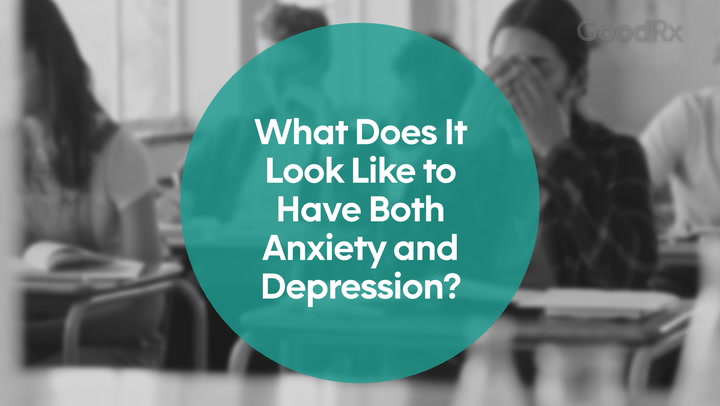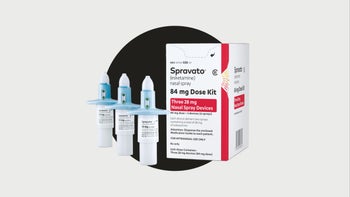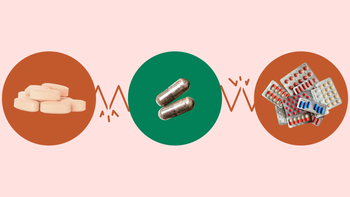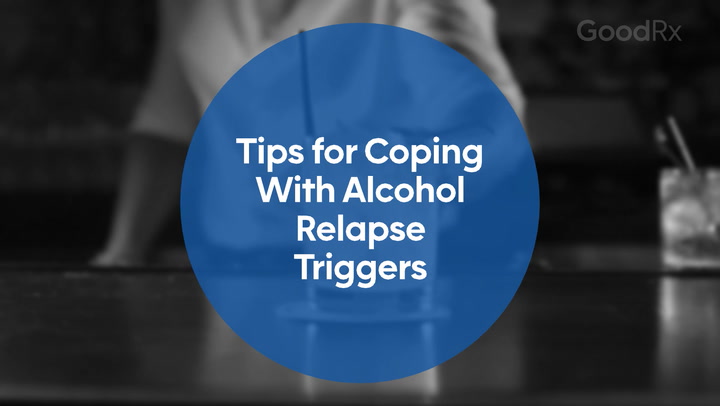
How an Intensive Outpatient Program (IOP) Works for Mental Health Treatment
Key takeaways:
Intensive outpatient programs (IOPs) offer structured treatment for mental health and substance misuse concerns. Participants attend treatment for several hours a day throughout the week but return to their homes in the evenings.
IOPs can be helpful for people transitioning from residential treatment to community-based services. Also, they can be helpful for people who are unable to manage their symptoms with traditional outpatient therapy.
Since IOP participants return to their homes in the evenings, they can practice the coping skills and strategies they’re learning in treatment in real-life settings like work or school.

When you’re working toward mental health or substance use disorder recovery goals, having the right level of care is critical. For some, this means getting inpatient treatment with 24/7 care. Other people have less intense needs and can find relief by going to outpatient therapy once or twice a week.
However, many people in recovery need a level of treatment somewhere in between the most and least intensive types of care. That’s where an intensive outpatient program (IOP) comes in. If you require something more intensive than weekly therapy but don’t need the 24/7 support of residential care, an IOP could be a good fit for you.
What is an intensive outpatient program (IOP)?
An IOP provides several hours of structured mental health treatment per week, but participants return to their homes in the evenings.
Search and compare options
Most IOPs include a mix of individual, group, and complementary therapies like yoga or art therapy. And if you’re struggling with a particular concern, such as depression, an eating disorder, or post-traumatic stress disorder (PTSD), you can attend a condition-specific IOP.
Your IOP experience will depend on your unique treatment needs and your program’s offerings. But most IOPs include a minimum of 6 hours of services each week for adolescents and 9 hours each week for adults.
What are IOPs used for, and when are they recommended?
IOPs are used for people with mental health conditions or substance use disorders.
A person can enter an IOP as either a step up or a step down in their level of care. It could be that they need more support than weekly outpatient therapy can provide. Or they might enter an IOP when they no longer need the 24/7 support of residential treatment or a partial hospitalization program (PHP).
In either case, IOPs are best suited for people who have:
Been diagnosed with a mental health or substance use disorder and need more than weekly outpatient treatment but don’t need inpatient treatment
A support system consisting of friends, family, community resources, healthcare providers, and other professionals who can help support continued recovery
Achieved a level of stability that allows them to return to some of their daily activities, like work or school, though they can still benefit from additional support
The motivation to attend all of the programming in their treatment plan
A strong desire to adhere to their goals for recovery
The ability to learn new coping skills and strategies and apply them in their daily lives
Read more like this
Explore these related articles, suggested for readers like you.
What can you expect from an IOP?
In an IOP, you can expect a combination of therapy activities. Each program will be structured differently and offer different types of treatment. Depending on the program, this can include:
Individual therapy
Group therapy
Family therapy
Education about substance use and mental health conditions
Medication management
Physical health monitoring
Case management
Aftercare planning
IOP participants may attend both individual and group therapy, depending on the program. IOP groups are specialized to the needs of the people attending them. For example, depending on the program, there might be groups focused on:
Depression
Anxiety
Trauma
Alcohol or drug misuse
Compulsive behaviors
Coping skills
Anger management
Life skills
Healing family relationships
Relapse prevention
Stress management
IOPs may also offer various types of complementary therapies to promote healing. You may have the opportunity to include one or more of the following in your healing journey:
Yoga or other movement-based activities
Mindfulness meditation
Art therapy
Animal-assisted therapy
Dance therapy
Massage
Acupuncture
Music therapy
Like other forms of more intensive care, IOPs aren’t designed to last forever. On average, most people stay in an IOP for approximately 12 weeks. But the time you spend in an IOP will depend on your unique treatment needs.
When you enter an IOP, your care coordinator, aftercare planner, or therapist can help you create a plan for when your time in the program comes to an end. This may involve stepping down into community-based care, such as weekly outpatient individual or group therapy. Or, depending on your needs, you may need to step up into a more intensive level of care, such as residential treatment.
Where are IOPs offered? How can you find a program?
IOP programs are typically offered in a hospital, clinic, or other mental health treatment facility. And thanks to increasing access to telemedicine, you may even be able to enter an IOP online.
If you’re looking for an IOP for yourself or a loved one, start by talking to your primary care provider, psychiatrist, case manager, or therapist. Ask them for a referral to a program in your area that may meet your needs.
If that’s not an option, local health departments, rehabilitation facilities, or hospitals might be able to point you in the right direction. You can also check with your insurance company to find IOPs that are covered by your plan. Lastly, try searching the web for “IOP treatment centers near me” and look for programs that focus on your specific mental health concern.
Can insurance pay for IOP treatment?
Many health insurance plans cover IOPs, but it’s best to talk to your insurer to understand what’s included with your coverage. Review your plan’s documents or call the number on the back of your insurance card to inquire about your benefits.
Note that most insurance companies that do cover IOPs place a limit on the amount of time you can access this type of care. When you contact your insurance company, ask how many days they will cover.
In addition, you can contact IOPs to inquire about costs prior to entering treatment. You can also ask them which insurance plans they accept. Their billing department can help with any pre-approvals or documentation you might need to send your insurance company as part of your intake process.
The bottom line
Intensive outpatient programs (IOPs) offer many hours of structured mental health care each week while you live at home. If you’re exiting residential treatment or finding that your needs can’t be met with weekly appointments, an IOP can be an excellent resource. To find an IOP in your area, start by talking to your existing providers. Look for treatment centers that offer several levels of care, and contact them to find out if their programming might be a fit for you.
Why trust our experts?



References
Bass, M. (2018). Smart IOP — a new kind of intensive outpatient program. Psychiatric Times.
Jaspan, J. (2020). The value of structured outpatient treatment. National Alliance on Mental Illness.
Substance Abuse and Mental Health Services Administration. (2021). Clinical issues in intensive outpatient treatment for substance use disorders.
Substance Abuse: Clinical Issues in Intensive Outpatient Treatment. (2006). Chapter 3. Intensive outpatient treatment and the continuum of care. U.S. National Library of Medicine.
Substance Abuse: Clinical Issues in Intensive Outpatient Treatment. (2006). Chapter 4. Services in intensive outpatient treatment programs. U.S. National Library of Medicine.
For additional resources or to connect with mental health services in your area, call SAMHSA’s National Helpline at 1-800-662-4357. For immediate assistance, call the National Suicide Prevention Lifeline at 988, or text HOME to 741-741 to reach the Crisis Text Line.



























